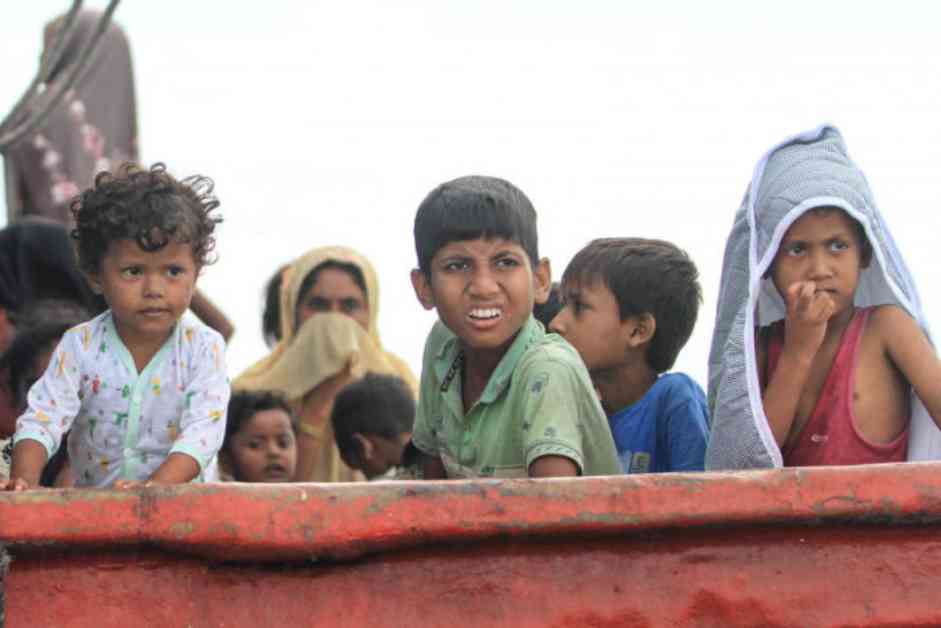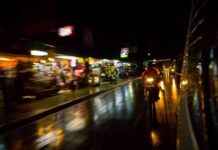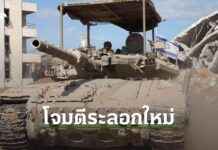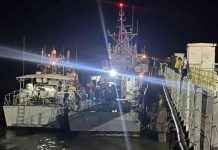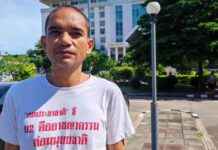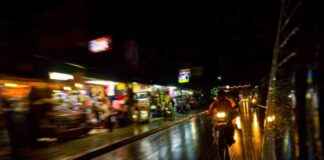The United Nations refugee agency has made an urgent plea to Indonesia to allow approximately 150 Rohingya refugees who have been stranded off the coast of Aceh province for nearly a week to come ashore. The refugees, most of whom are women and children, were left stranded due to a boat engine failure, resulting in a dire situation. Local fishermen discovered the boat last Thursday, and the children on board were in desperate need of food and water after spending weeks at sea.
Tragically, two individuals on the boat had already lost their lives, and 11 others, including a pregnant woman, were rushed to a local hospital for medical attention. The situation is dire, and the UN Refugee Agency (UNCHR) has emphasized the importance of ensuring the safety and well-being of the Rohingya refugees. The Rohingya, who have faced severe persecution in Myanmar, are in urgent need of a safe haven.
Indonesia has seen an increase in Rohingya refugee arrivals in recent years, with more than 2,300 Rohingya refugees arriving in the country last year alone. This surge in arrivals has put a strain on local resources and has led to growing tensions between the refugees and the local population. However, the UNCHR stresses the importance of prioritizing the safety and protection of the Rohingya refugees, who are fleeing violence and persecution in their home country.
According to reports from local media, the Rohingya refugees embarked on their journey from Cox’s Bazar in Bangladesh, making their way to the Andaman Islands before heading towards Aceh. Authorities suspect human trafficking may be involved, as the refugees were asked to pay for their transport to Indonesia. As a result, three individuals have been arrested in connection with the case, highlighting the dangers and exploitation faced by vulnerable refugees seeking safety and security.
The plight of the Rohingya refugees stranded off the coast of Aceh is a stark reminder of the ongoing refugee crisis in the region. It is crucial for the international community, including Indonesia, to come together to address the root causes of displacement and provide much-needed support and protection to those fleeing persecution and violence. The safety and well-being of refugees, especially women and children, must be a top priority in times of crisis and uncertainty.
